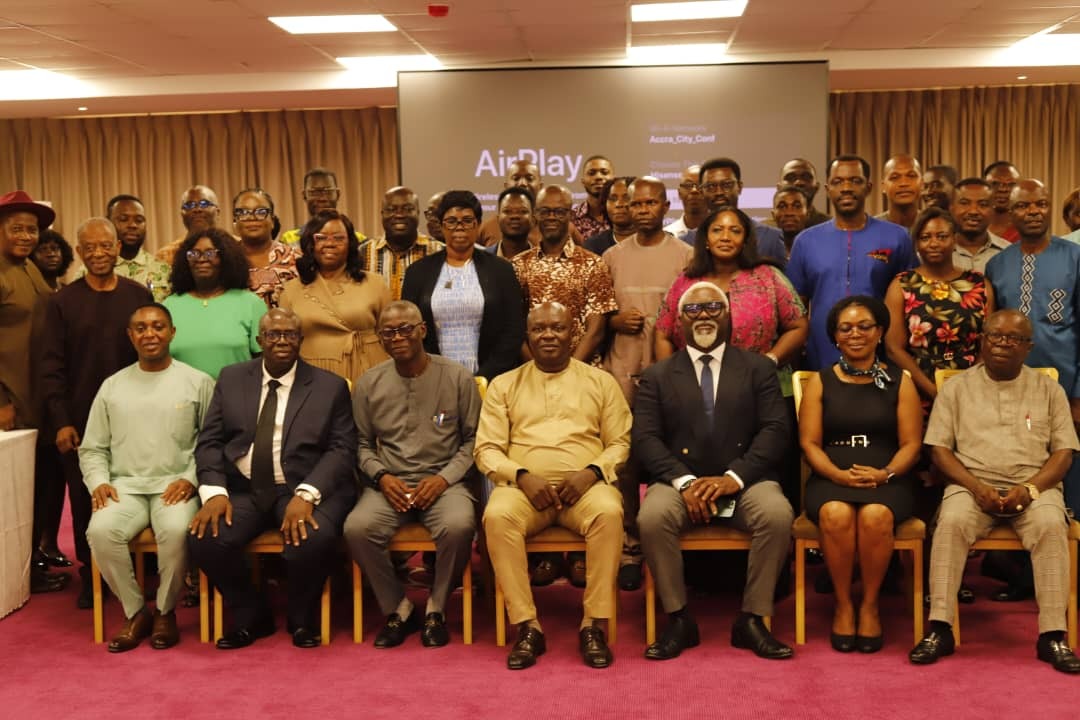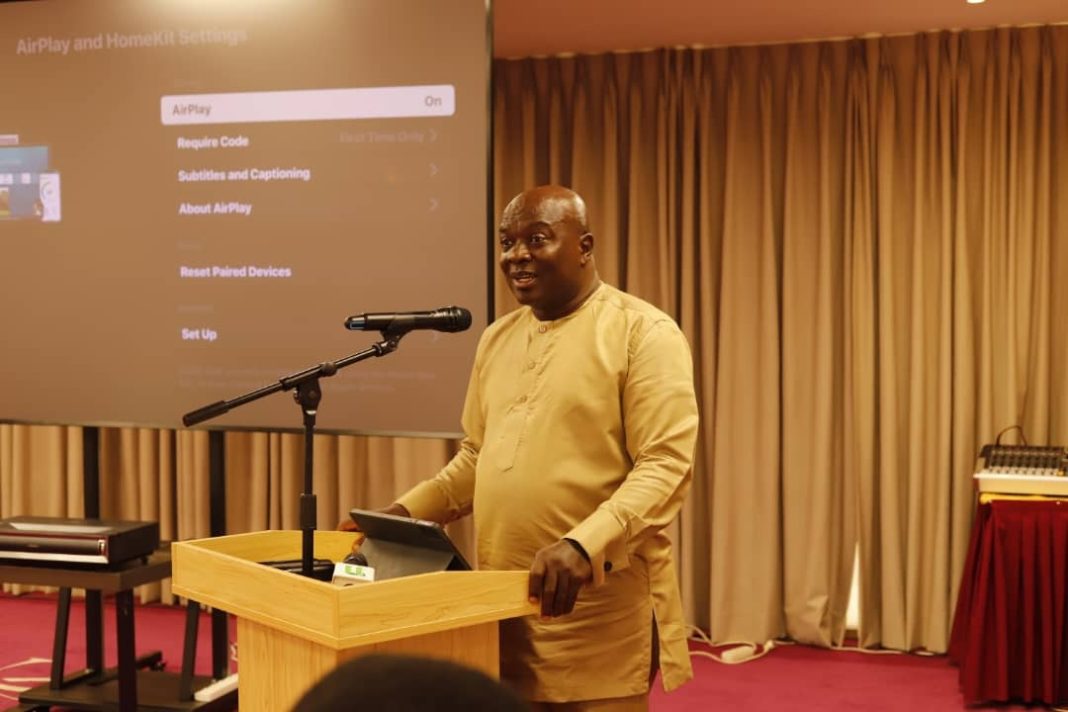The President of the Ghana Publishers Association, Asare Konadu Yamoah, has called on the ministries of Education and Culture to initiate urgent dialogue with publishing stakeholders.
He said such a forum should be used to synchronise existing policies and make them relevant for the future educational needs of the country.

Mr Yamoah said this at the 48th Annual General Meeting (AGM) of the Association in Accra on 5th November, 2025.

The AGM was under the theme, “Policy as a Catalyst: Transforming Ghana’s publishing Ecosystem for National Development.”
Mr Yamoah noted that the Ghana Publishers Association has been championing a national publishing strategy that is aligned with educational reform, youth development, and cultural pride for far too long. Therefore, it is time for government to take action.
“I use this platform to call on the Ministries of Education and Culture to initiate urgent dialogue with publishing stakeholders. Let us synchronise existing policies and make them relevant, purposeful, and future-facing,” he urged.
“To my fellow publishers: let us become policy advocates. Let us raise our collective voice to highlight the transformative power of publishing. Let us transform our ecosystem—not just for publishers, but for every Ghanaian child who deserves to see themselves in the pages of a book. Let us advocate for policies that will be the catalyst for our growth, our expansion, and our legacy,” Mr Yamoah appealed.
He noted that when policy is bold, inclusive, and strategic, publishing becomes more than an Industry—it becomes a national force.
“Publishing is the heartbeat of cultural preservation. It is the quiet architect of civic consciousness, the vessel of our values, and the mirror through which our children see themselves. Yet, despite its enduring contributions, our sector remains under-recognised, under-resourced, and under-leveraged. We must work to change this narrative,” the GPA president stressed.
The Director of Pre-tertiary education at the Ministry of Education who represented the Minister, Nana Baffuor Awuah, pledged the Ministry’s commitment to work with the Ghana Publishers Association to create an enabling environment that promotes the development of the country’s book industry.
“Our publishing industry plays a vital role in shaping the minds of our citizens and preserving cultural heritage. Honestly, the publishing industry is a powerful tool for promoting literacy, education, and cultural exchange. It provides a platform for authors to share their ideas, creativity, and perspectives, contributing to the development of a vibrant and informed citizenry,” Nana Awuah noted.
“We therefore need a collaborative effort from all stakeholders, including authors, publishers, policymakers, and readers to transform our publishing ecosystem by: Embracing digital technologies. Providing training and support for publishers, authors, and industry professionals to develop their skills and expertise, Establishing and enforcing standards for quality, editing, and production to ensure that our books meet international standards.”
A Supreme Court judge who was the Guest of Honour, Justice Dennis Dominic Adjei, advocated for enforceable policies to strengthen Ghana’s publishing industry, safeguard local production, and enhance the nation’s literacy and educational development.
He urged all actors within the publishing ecosystem to unite and drive meaningful change through sound policy and collaboration.
“The topic calls upon publishers, authors, printers, distributors, booksellers, readers, literary agents, editors, designers, industry associations, libraries, and educational institutions to develop policies that drive positive change and improvement in the publishing industry,” he noted.
The Head of Office and Representative of UNESCO in Ghana, Mr Edmund Moukala, whose speech was read on his behalf, noted that strong, coherent policies are levers for transformation.
“In Ghana, the National Book Policy, National Reading Policy, and Textbook Procurement Policy form the foundation for a modern, resilient publishing sector capable of driving national growth. Effective policy creates the enabling environment where talent, innovation, and investment can flourish,”he stated.
“When aligned, book, reading, and textbook policies can anchor education reforms, promote cultural diversity, and stimulate the creative economy.”
“Countries with coordinated publishing strategies—such as South Africa, Kenya, and Malaysia—have seen tangible gains in literacy, book access, and local publishing strength. Ghana has the human capital, creativity, and institutional maturity to join their ranks.”
